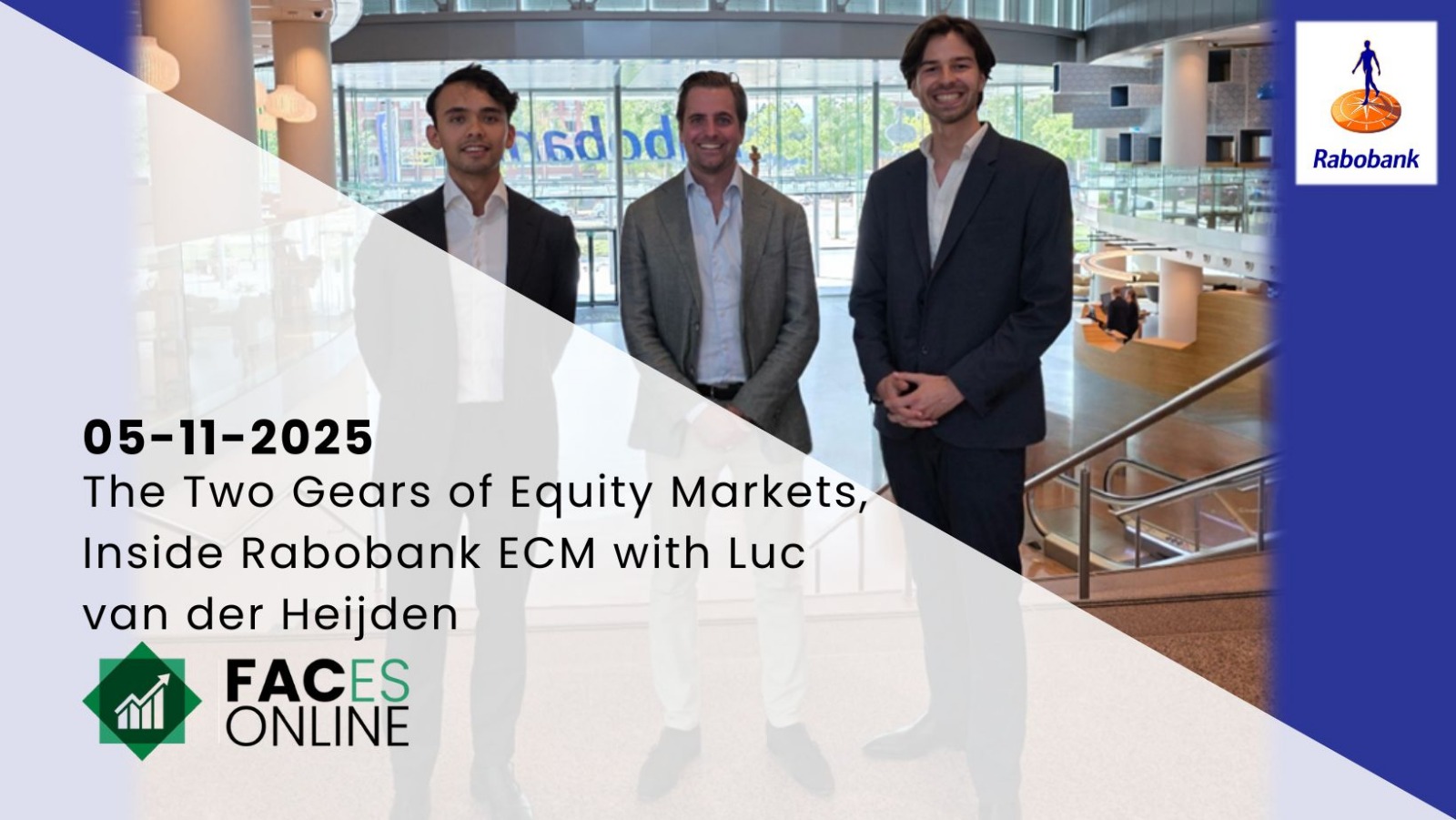Every year, Asset | Accounting & Finance organizes a Study Tour to a foreign country. In 2016, I had the honor to organize the Study Tour to Brazil together with my amazing committee members. We visited three different cities in Brazil, namely São Paulo, Paraty and Rio de Janeiro. The Study Tour was a perfect mixture of learning new things by visiting companies and universities, and getting in touch with the Brazilian culture and its beautiful environment.
Company and university visits
The external affairs of our committee were determined to find the most interesting companies for the participants. In my opinion, they certainly achieved their goal. There was a nice mix between typical Brazilian companies, such as The Brazilian Development Bank, and well-known companies such as BDO and ABN AMRO.
There was a certain hierarchy to be seen during company visits. For instance, the managers at BDO have their own rooms, while the other employees of a division sit next to each other in the same room. Furthermore, the Brazilian business life is quite masculine. When asking about women at the top, mostly one or two women are in the top management. However, at the lower levels we did not notice a difference in the male/female ratio. This was evenly divided. Another thing we noticed is that Brazilians are really proud of their language, and are somehwat stubborn to switch to English. It was quite remarkable that Brazilian students find it hard to talk in English.
Corruption and political instability
During the company and university visits, a lot of emphasis has been put on corruption and the political instability. Corruption almost seems like a common phenomenon in Brazil. One of the large issues regarding corruption is that the news media in Brazil is failing to meet their ‘gatekeeping and agenda-setting’ functions. The broadcasting law is outdated, and moreover, the Congress has power over the media as they determine who obtains the broadcasting and radio licenses. Professor Michener from FGV EBAPE (private university in Rio de Janeiro) wrote an article on this topic, which you can read here. Brazilian students also told us that it is hard to follow the news from foreign countries. Even if they are putting effort in it, they can’t really obtain news from abroad as the Brazilian media has much power.
Presidency in Brazil
People in Brazil have very different views on the change in presidency. We asked opinions on Temer during our company and university visits, and even people in the same business had very different opinions. One is really pro-Temer, while the other is really against Temer. It seemed that there is no way in between. I think the way people think about Temer really depends on their surroundings; your family, friends and acquaintances. Everybody seemed really involved in the presidency in Brazil. The issue in Brazil considering politics is that there are many parties to be seen. In other words, the population is really fragmented in Brazil. If you want to get political stability in Brazil, something has to be done with the divided population, which is a hard thing to do. Even if you walk the streets, you notice the political instability. We saw several (little) demonstrations against Temer, which communicated a clear message:
“One thing is for sure: Temer will not be the president again after his term ends.”
Land marks, culture and nature
Besides the company and university visits, we had time to explore the cities of São Paulo, Paraty and Rio de Janeiro. We have done way too much to expand on every activity, so I will just name several things: we had a fancy dinner on the rooftop of the Skye Bar in São Paulo, we saw thé Christ the Redeemer, we made a jeep tour through the forest, we had a relaxing day at the Copacabana and we learned the basics of the samba. Furthermore, there were two activities in particular which I really enjoyed: a boat trip to Ilha Grande and a tour through the Favelas in Rio de Janeiro. With the boat trip, we visited the Blue Lagoon, Green Lake and several little islands. It was a beautiful day which gave us the feeling that we were on vacation for a while. When visiting the Favelas, two Brazilians guided us through it. This tour was very special, as the guides were born and raised in the Favelas. This way they were able to tell us all the details, even about the ‘gangs’ in the Favelas and that living in the Favelas can be quite violent. All in all, it was a Study Tour which will not be easily forgotten!
Lastly, I would like to thank my committee members and coordinator for organizing the Study Tour. Nena, Roel, Roel, Steven, Kahina and Elleke, we did it guys!
















